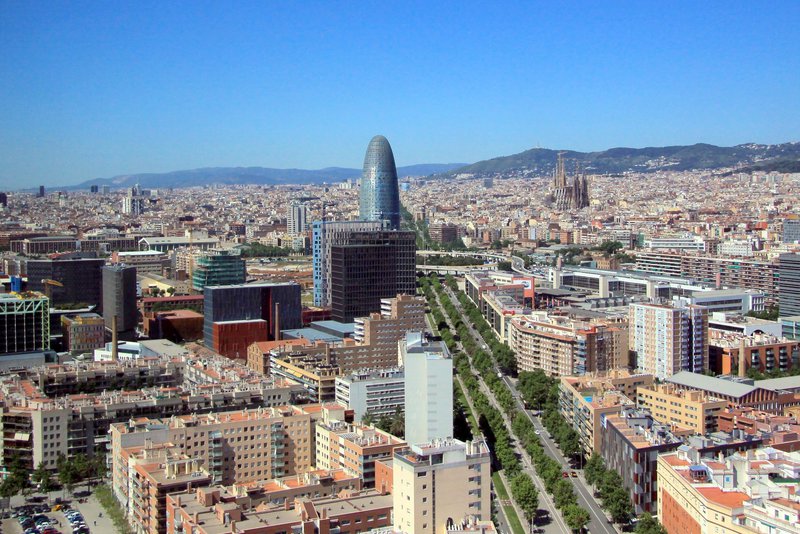Tribune. Pere Miret
Economist and member of the Economy Section of the National Catalan Assembly (ANC)
Catalan Republic: a magnet for firms
Under the Catalan independence process in progress, some Spanish nationalist sectors persist in spreading false information about the alleged relocation of businesses in Catalonia. It must be said that the arguments attempting to sustain these discourses are based on incorrect assumptions, such as a hypothetical exit from the European single market in the event of independence. Catalonia's independence does not mean a departure from the single market. Independence will not break the free movement of goods, people and capital within the European market.
In any case, the data available so far contradict the biased opinions that claim that the independence process harms the location of businesses in Catalonia or that it may cause companies to flee. Indeed, the Spanish official data show that in the first three quarters of 2015 foreign direct investment flowing to Catalonia experienced an extraordinary increase of 240.4% compared with the same period the previous year.
Likewise, the number of enterprises with non-farm establishments in Catalonia increased 0.7% from the end of 2012 until the end of 2014. Similarly, the number of enterprises based in Catalonia rose 0.6% to 584,369 in the last two years until the start of 2015. Obviously, the increase in the number of companies in Catalonia is the result of continuous creation and closure of businesses. Thus, the rates of start-up and closure were both more than 9% (the number of enterprises created [closures] annually over the total of census figures) in 2013.
Available data on companies (basically limited) up to October 2015 show that 15,563 new companies were created in Catalonia in the 10 months of 2015, with an annual increase of 5.2%, while the whole Spanish state saw a contraction of 0.9%. In net terms, without the closures of companies, in the January-October period of 2015 in Catalonia, 13,738 new companies were founded, an annual increase of 7.0% versus a rise of 0.8% in the whole State.
It might be bold to conclude from these data that companies are already anticipating a favourable impact of independence, but the fact is that independence will bring a strong impetus for economic growth with the disappearance of the significant fiscal deficit of 16 billion euros per year on average with the Spanish State and enable better economic policies for the Catalan economy. Thus, it could boost competitiveness with better infrastructure and lower taxes to foster the attraction of the Catalan economy. In any case, it is not the Catalan independence process but uncompetitive taxation which has caused some businesses to relocate out of Catalonia.
While it is true that a handful of entrepreneurs in recent years have threatened to relocate the headquarters of their companies in the case of independence, in terms of the number of enterprises and employment they represent, it is a tiny percentage of the population of Catalan business. And above all, we must be aware of the very high costs of non-independence (dependence): less competitiveness (high energy costs and without necessary infrastructure, such as the Mediterranean rail corridor, for instance), less economic growth prospects, and political pressures for moving corporate headquarters to Madrid (especially in the case of financial institutions) In short, the independence of Catalonia would almost certainly be positive for entrepreneurial dynamism.

